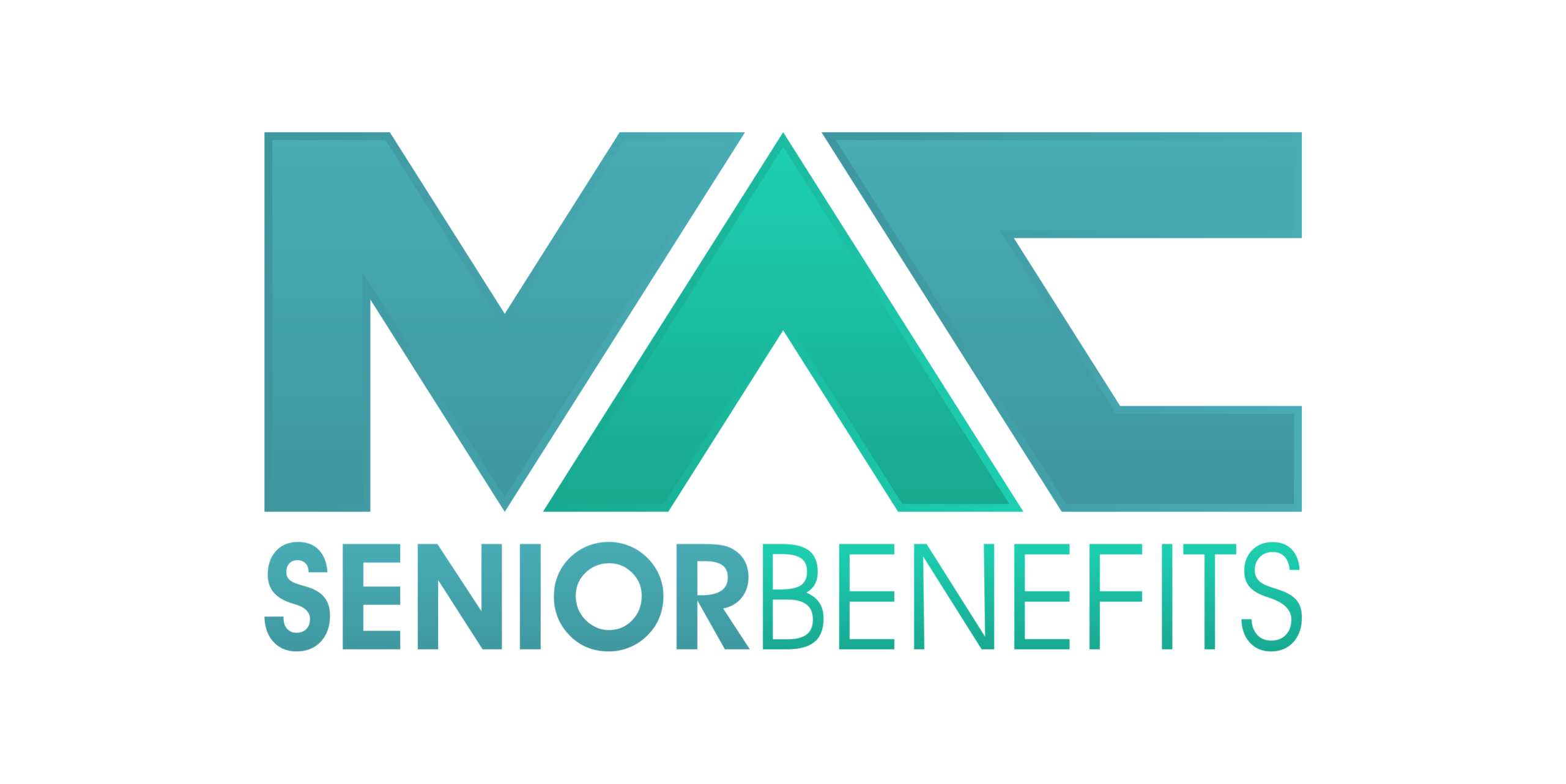Medicare is the federal health insurance program for people who are 65 or older, younger people with certain disabilities, and for some people with end-stage renal disease (ESRD). The Centers for Medicare & Medicaid Services (CMS) is the federal agency that oversees Medicare. Some of the funding for Medicare is collected as Medicare premiums that Medicare beneficiaries pay, but most of the funding comes from Social Security and Medicare taxes you pay on your income.
If you have Medicare, you can choose whether you want Original Medicare or a Medicare Advantage Plan. Under Original Medicare you will receive your health care benefits from the federal government; however, under a Medicare Advantage Plan you will receive those benefits from a private company. Original Medicare includes:
- Part A (Inpatient/hospital coverage)
- Part B (Outpatient/medical coverage)
If Medicare prescription drug coverage is something you need, you will need to join a stand-alone prescription drug plan.
You still have Medicare if you enroll in a Medicare Advantage Plan. You’ll continue to owe a monthly Part B premium and your Part A premium, if you have one. Each Medicare Advantage Plan covers Part A and Part B services like Original Medicare, but your plan may have different rules, costs, and limitations that may affect where and how you receive care. Medicare Advantage Plans may also provide prescription drug coverage. If you have coverage through your union or employer, you might be automatically enrolled in a plan offered by them. It can be advantageous to use this plan but you will want to weight your options. You have the option to stay with this plan, or to switch to Original Medicare, or to enroll into a completely different Medicare Advantage Plan altogether, but it’s a good idea to speak with your employer/union before making any decision.
Understanding your Medicare coverage options and picking the right coverage are critical to your overall health and well-being. Which healthcare plan is right for you can make a difference in your out-of-pocket costs and where you can access care. For example if you have Original Medicare coverage you can go to almost any hospital in the country, or almost any doctor in the country, as long as they accept Medicare. Medicare Advantage Plans by comparison, usually have network restrictions and limitations, meaning that you’ll be less flexible in your health care choices. Medicare Advantage Plans typically also provide added benefits that Original Medicare does not include, such as routine dental, vision and hearing care.
Medicaid, not to be confused with Medicare, which is another government program that provides health insurance. Medicaid is funded and run by the federal government in partnership with states to provide coverage for low income individuals. Depending on the state, Medicaid can be available to individuals who have low-income, those who are disabled, or even to anyone who is below a set income level. In contrast to Medicaid, Medicare eligibility is not dependent upon your income. Dual-eligibles are individuals who are both Medicare and Medicaid eligible.
When you first begin your Medicare coverage you will receive your red, white, and blue card in the mail. This is your “Original Medicare” card and you will need to show this card whenever you receive services at the hospital or doctors office. If you opt to sign up for a Medicare Advantage plan, you will still get your red, white, and blue Medicare card but you will show your Medicare Advantage card when you receive services.
